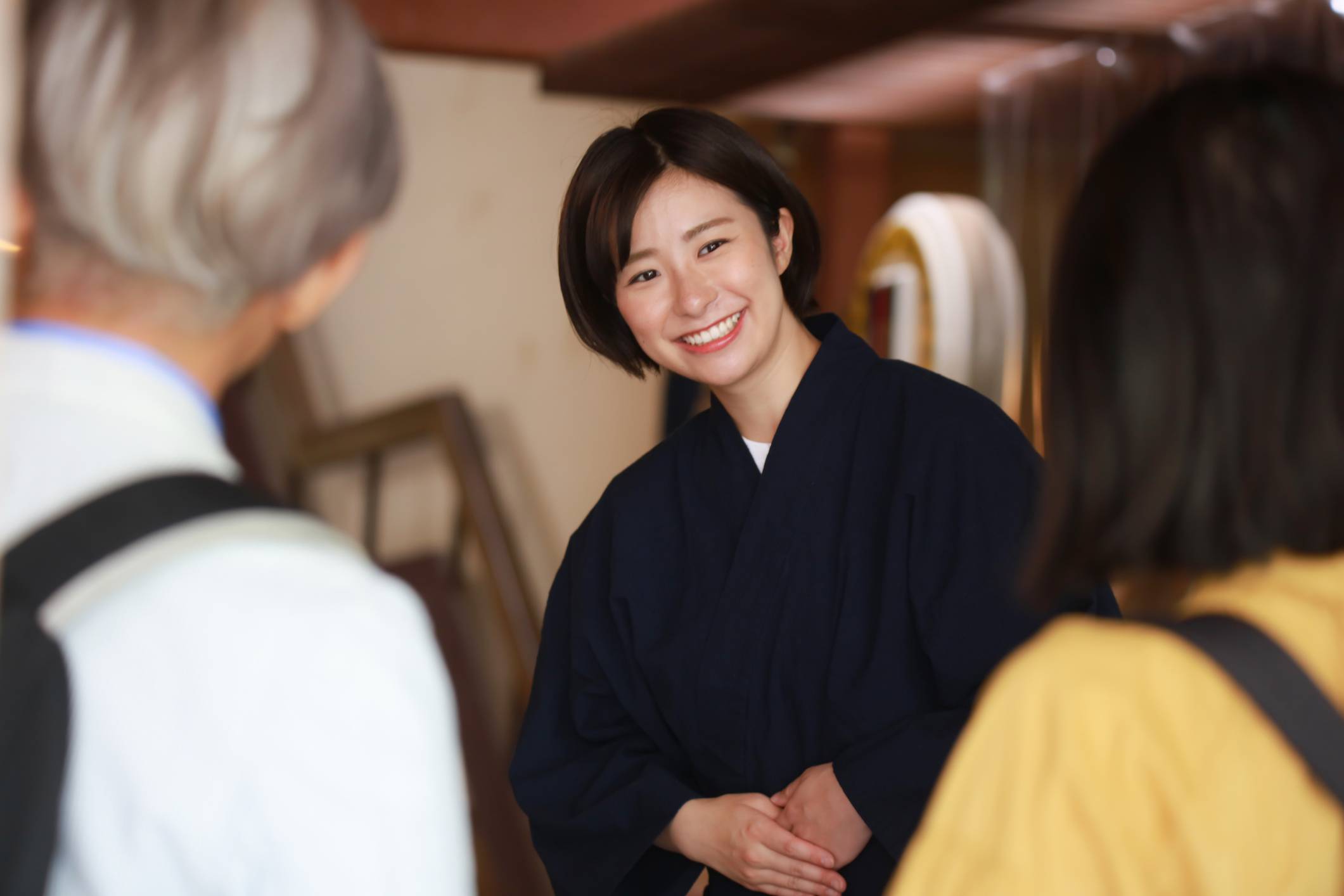日本へようこそ! (Nihon e yōkoso, Welcome to Japan!) ... or, should we say, Welcome back to Japan!
With borders having just reopened to independent travel, there is bound to be a rush of people who are dying to get back into the country. One thing that unites all these inbound travelers? Hotels.
Beyond the commute from airport to lodging, communications with the staff at ホテル (hoteru, hotels) and 旅館 (ryokan, Japanese inns) are likely to provide your first encounter with the Japanese language.


















With your current subscription plan you can comment on stories. However, before writing your first comment, please create a display name in the Profile section of your subscriber account page.